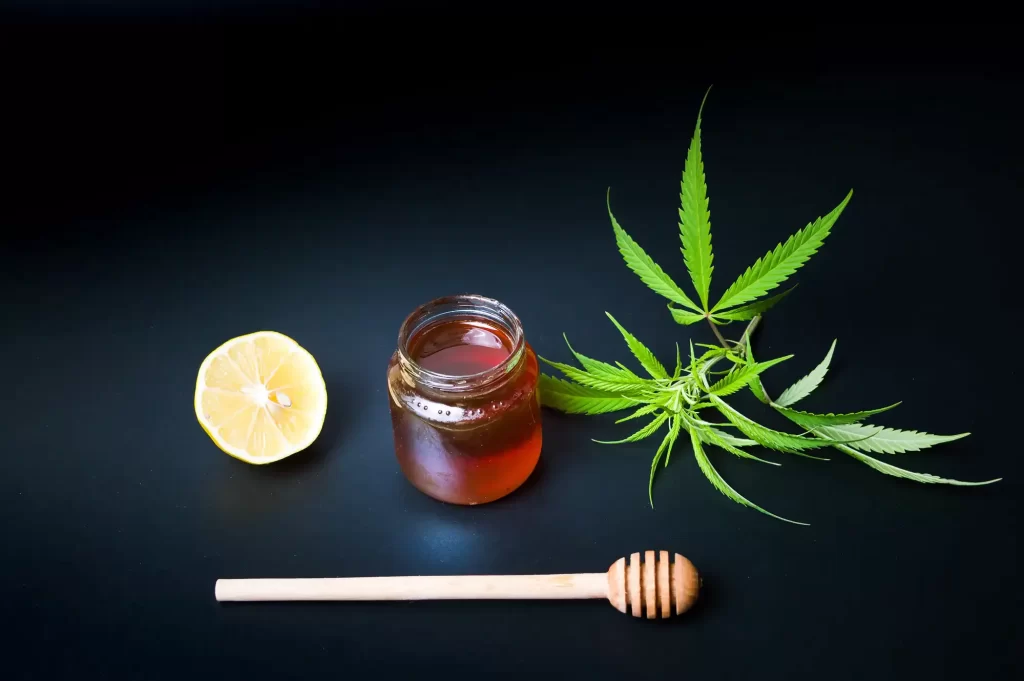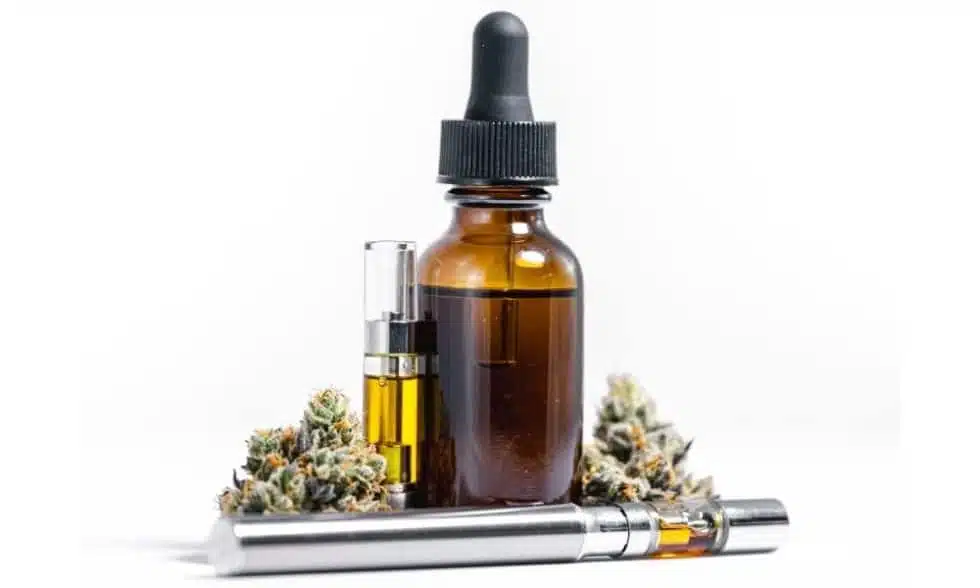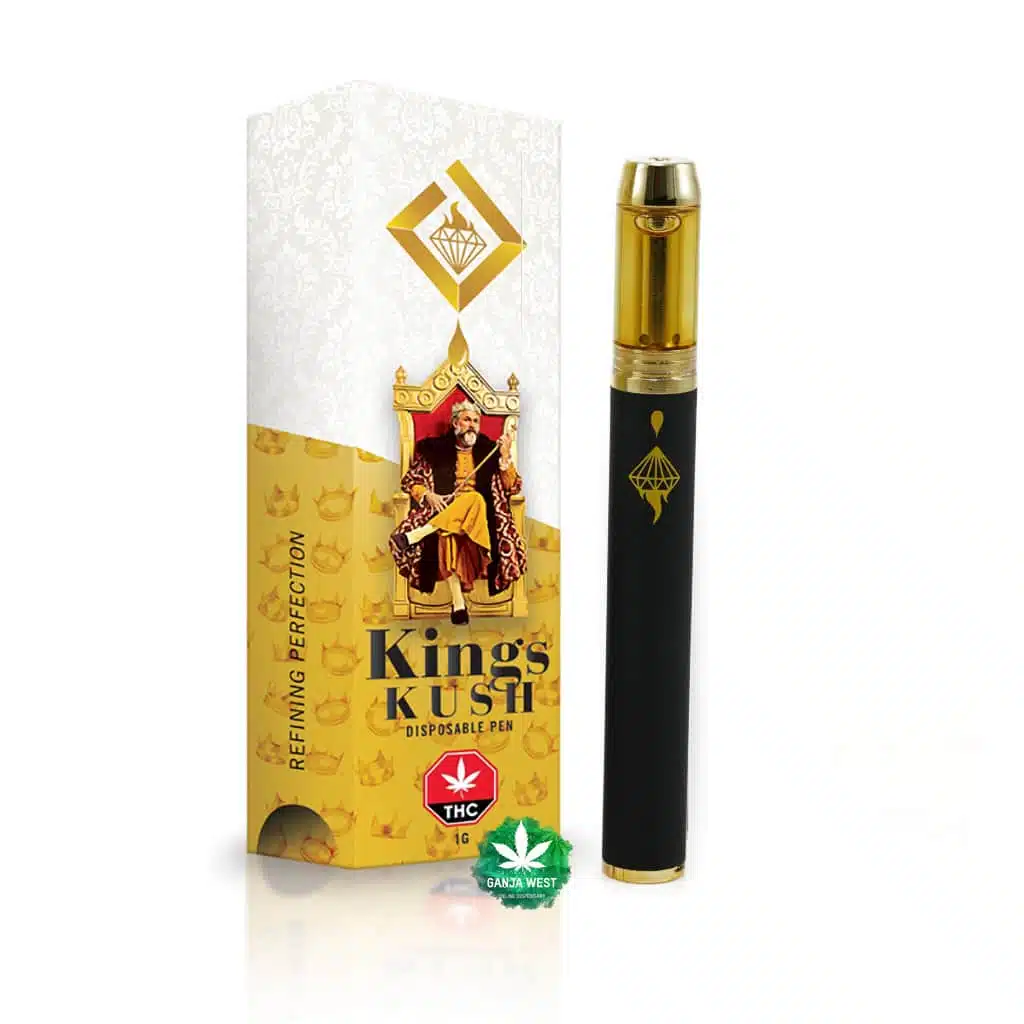Does CBD Affect Blood Pressure?
Does CBD Affect Your Blood Pressure?
Cannabidiol (CBD) is a powerful cannabinoid that can do many amazing things for your health. CBD has been shown to be effective in treating injuries, illnesses and mental health conditions, and is becoming more popular as Canadians find new ways to use it. Cannabis stigma is beginning to disappear as people learn more about the benefits of CBD.
There are so many ways to enjoy the benefits of cannabidiol, including using it to lower blood pressure. Cannabinoids obviously absorb into the bloodstream through inhalation, digestion, or absorption, so we know that cannabis can influence your blood in a variety of ways. But we still can’t help but wonder: does CBD lower blood pressure?
There is growing evidence that cannabinoids like THC and CBD can affect blood pressure, blood sugar levels, and healthy cell counts. However, we don’t yet have a definitive answer as to how these substances work together. In this article, we’ll review the latest findings and discuss possible theories about how cannabis and blood pressure are related.
In this guide to managing blood pressure with Cannabidiol, we’ll explore whether CBD can lower blood pressure on its own, or if there is more to the relationship between weed and blood pressure. Let’s find out together!
WEED & BLOOD PRESSURE
High blood pressure is a common condition that affects a quarter of all adults in Canada. In fact, for many people, hypertension is a life-threatening condition.
There are four different levels of blood pressure, but they can be difficult to detect on your own because they affect everyone differently. The four levels of blood pressure are: normal, mild, moderate, and high.
We understand that high blood pressure can be a serious health issue. Fortunately, there are several stages of hypertension to help you manage it.
Blood pressure is measured using two terms: systolic and diastolic. Systolic readings focus on the force required to pump blood through the heart as it contracts, while diastolic readings measure pressures of force on the heart when it relaxes. Think of these readings as measuring inhales and exhales, except instead of your lungs we’re talking about your heart contracting and relaxing.
At each stage of blood pressure, there are specific parameters that can be measured. For example, systolic pressure is measured at the peak of the heartbeat, while diastolic pressure is measured when the heart is at rest.
Blood pressure levels in the general population typically hover around 120/80.
Your blood pressure is elevated, and it’s not just a little bit, it’s high. That’s not good, and it needs to be lower.
Stage 1 Hypertension occurs between 130-139 systolic, 81-89 diastolic pressure.
Stage 2 hypertension can develop at any blood pressure level, but is more common at higher levels.
There are many serious risks associated with high blood pressure, including strokes, heart attacks, and other serious cardiac conditions. Managing your blood pressure is the best way to avoid these risks, but there are many more debilitating symptoms to worry about if you don’t take action.
These are just some of the side effects that can occur from taking medications. Be sure to discuss any concerns you have with your healthcare provider.
High blood pressure is a serious health problem that can lead to symptoms like headache, dizziness, and chest pain. To stay healthy and avoid these problems, you need to eat a healthy diet, exercise regularly, get enough sleep, and avoid smoking and drinking too much. The most common reasons for high blood pressure are listed below.
If you have a genealogy that includes hypertension, you may be more likely to have high blood pressure.
Diabetes can lead to metabolic conditions like high blood pressure, which can affect your fight against hypertension.
Hypothyroidism and hyperthyroidism can both affect blood pressure.
A diet high in salt, low in potassium, and laden with excesses of caffeine, alcohol, and smoking can all lead to increased blood pressure symptoms.
Regular exercise can help keep blood pressure in check and improve overall health.
Poor sleep is linked to a number of health problems, and one of the most common is high blood pressure.
Stress is a leading cause of high blood pressure, and it can be difficult to manage because it can be caused by so many different things.
Many people are looking to cannabis to help maintain healthy blood pressure and blood sugar levels. CBD is known to relax the mind and body, assist in sleeping consistently, and help to ease pain, inflammation, or irritation. These are some big ticket items on many people’s lists of symptoms when it comes to high blood pressure.
On the one hand, CBD can help manage blood pressure symptoms before they develop, which can help reduce stress and improve sleep. However, CBD is not as effective as traditional blood pressure medication in managing systolic and diastolic blood pressure levels. Nonetheless, CBD can still provide benefits in these areas.
FACT OR FICTION: Can CBD Lower Blood Pressure?
Yes, CBD does lower your blood pressure. That was easy. Thanks for reading this article!
There is evidence that suggests a relationship between cannabinoids like CBD, THC and CBG and positive effects on people who have high blood pressure. However, what is known is that cannabis and blood pressure are linked by changes in mental, emotional and physical states.
The evidence shows that THC can reduce blood pressure levels over time, depending on a person’s genetics, blood pressure levels when they consumed THC, and the potency of the cannabinoids they were absorbing. What does this mean for blood pressure levels? THC relaxes blood vessels like CBD does, leading to a reduction in blood pressure levels.
Both THC and CBD are known to impact the important neurotransmitter anandamide. Anandamide has been shown to affect blood pressure by relaxing blood vessels, so CBD interacts through your endocannabinoid system and engages with or mimics anandamide to bring your blood pressure levels down. This results in a relaxed state of body and mind, which also helps to combat the effects of stress – another prominent cause of high blood pressure.
There are many studies currently underway that are trying to answer the question “does CBD lower blood pressure?”. Preliminary research suggests that CBD can help to reduce elevated blood pressure in many indirect ways.
CBD has powerful anti-hypertensive effects that are independent of changes in blood vessels. CBD also has beneficial effects on other areas of health, including sleep, nutrition, fitness, and relaxation. Many people experience anxiety, and CBD can help to alleviate this condition.
CBD is well-known for its anti-anxiety effects, and it is also a powerful way to reduce stress and anxiety. This makes it a great choice for people who suffer from these conditions.
Conclusion
If you are interested in cannabis and THC products, check out Ganja West online dispensary at ganjawest.co!












